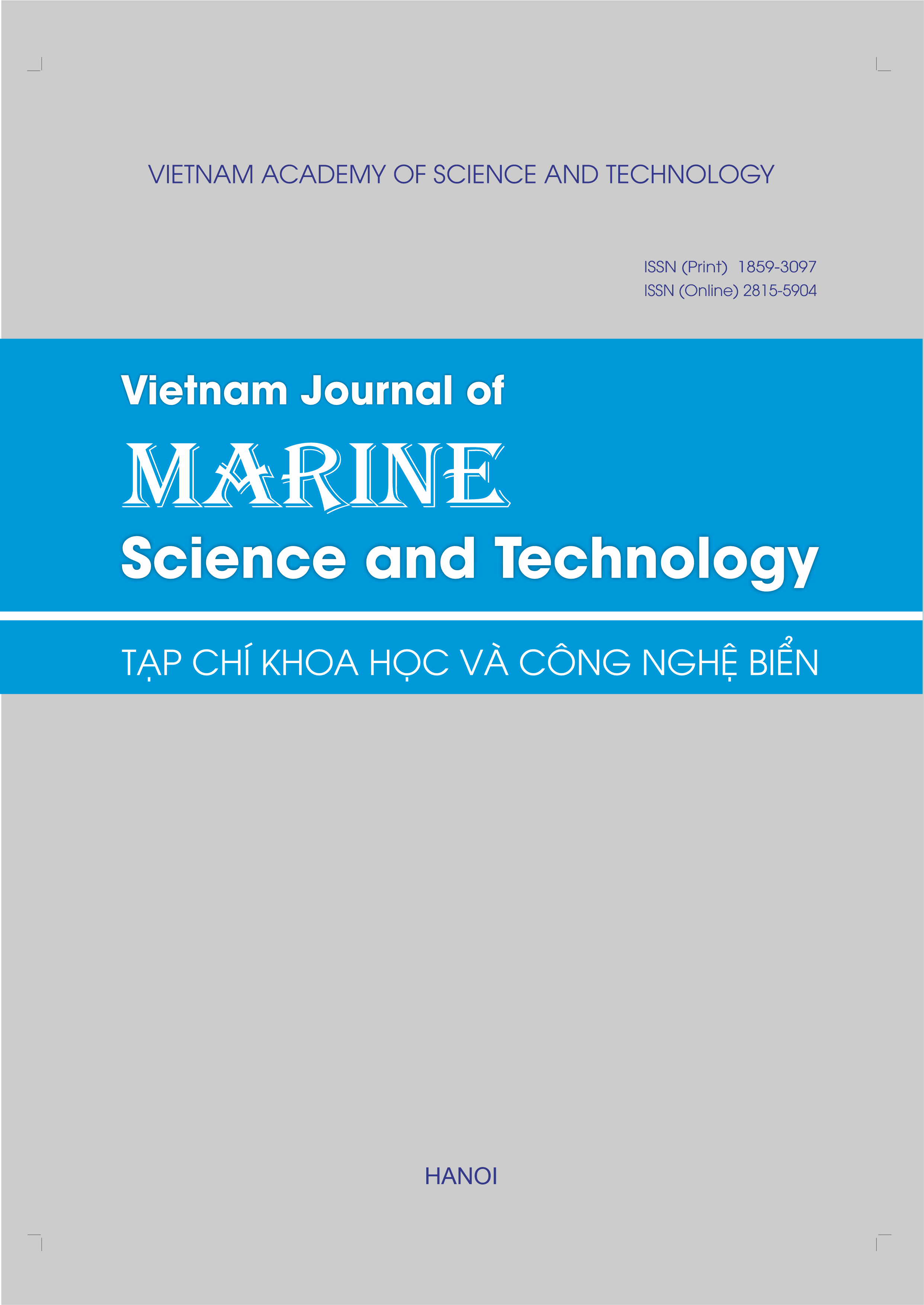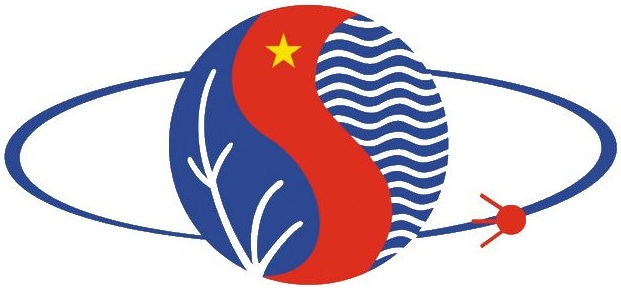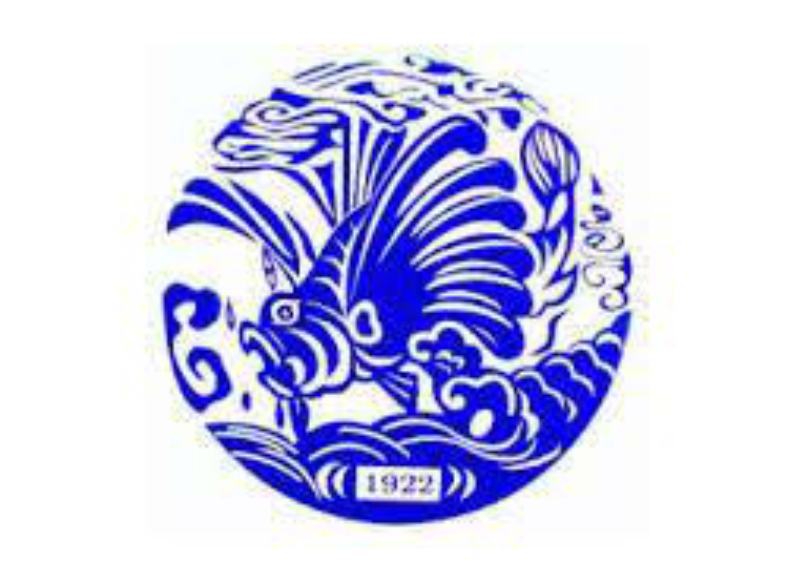STUDY ON EFFECT OF SUBSTRATE CONCENTRATION AND SAMPLING SITES ON INORGANIC NITROGEN TRANSFORMATION RATES IN COASTAL AQUACULTURE AREA OF HAI PHONG
Author affiliations
DOI:
https://doi.org/10.15625/1859-3097/14/4/5824Keywords:
Nitrification rate, nitrate reduction rate, substrates, sampling site, coastal aquaculturing, Hai Phong.Abstract
The regulation effect of substrate concentration and sediment features on nitrification and nitrate reduction potentials was assessed based on study results at 6 sites with different sediment characteristics and aquaculturing options in two coastal culturing zones in Hai Phong city, in April and August 2013. Nitrification and nitrate reduction rates were measured in slurries of field samples and enrichment experiments using the acetylene inhibition techniques. Nitrification and nitrate reduction rates ranged from 1.5 - 8.6mgN/g wet weight-1h-1 và 11.0 - 54.0mgN/g wet weight-1h-1, respectively. Both of these processes depended on substrate concentrations and sampling sites. Substrate availability stimulated inorganic nitrogen transformation activity but only within retricted range, further increase in substrate availability inhibited the activities. The thresholds of substrate concentrations for nitrification and nitrate reduction were in ranges of 0.55 - 1.00 mgN/l and 1.53 - 2.82 mgN/l, respectively.Downloads
References
Gross, A., Abutbul, S., and Zilberg, D., 2004. Acute and Chronic Effects of Nitrite on White Shrimp, Litopenaeus vannamei, Cultured in Low‐Salinity Brackish Water. Journal of the World Aquaculture Society, 35(3): 315-321.
Schuler, D. J., 2008. Acute toxicity of ammonia and nitrite to white shrimp (L. vannamei) at low salinities. Master thesis, Virginia Polytechnic Institute and State university. 54 p.
Hirayama, K., 1966. Influences of nitrate accumulated in culturing water on Octopus vulgaris. Bull. Jpn. Soc. Sci. Fish, 32, 105-111.
Muir, P. R., Sutton, D. C., and Owens, L., 1991. Nitrate toxicity toPenaeus monodon protozoea. Marine Biology, 108(1): 67-71.
Kim, D. H., Matsuda, O., and Yamamoto, T., 1997. Nitrification, denitrification and nitrate reduction rates in the sediment of Hiroshima Bay, Japan. Journal of Oceanography, 53, 317-324.
Sørensen, J., 1978. Denitrification rates in a marine sediment as measured by the acetylene inhibition technique. Applied and Environmental Microbiology, 36(1): 139-143.
Aminot, A., Kirkwood, D. S., and Kerouel, R., 1997. Determination of ammonia in seawater by the indophenol-blue method: evaluation of the ICES NUTS I/C 5 questionnaire. Marine Chemistry, 56(1): 59-75.
Đoàn Bộ, 2001. Hoá học biển: Các phương pháp phân tích hoá học nước biển. Nxb. Đại học Quốc gia Hà Nội, 131 tr.
Magalhães, C. M., Joye, S. B., Moreira, R. M., Wiebe, W. J., and Bordalo, A. A., 2005. Effect of salinity and inorganic nitrogen concentrations on nitrification and denitrification rates in intertidal sediments and rocky biofilms of the Douro River estuary, Portugal. Water Research, 39(9): 1783-1794.
`Jenkins, M. C., and Kemp, W. M., 1984. The coupling of nitrification and denitrification in two estuarine sediments l v2. Limnol. Oceanogr, 29(3): 609-619.








